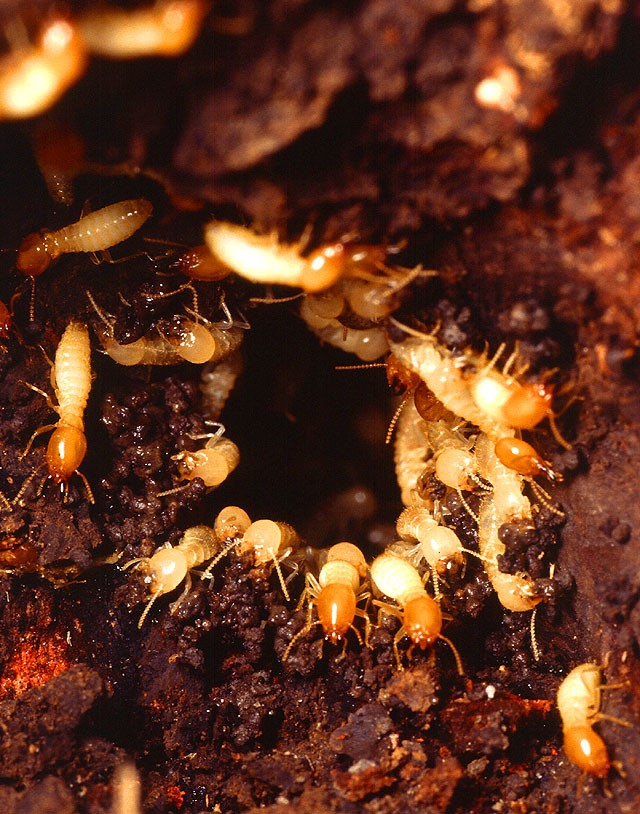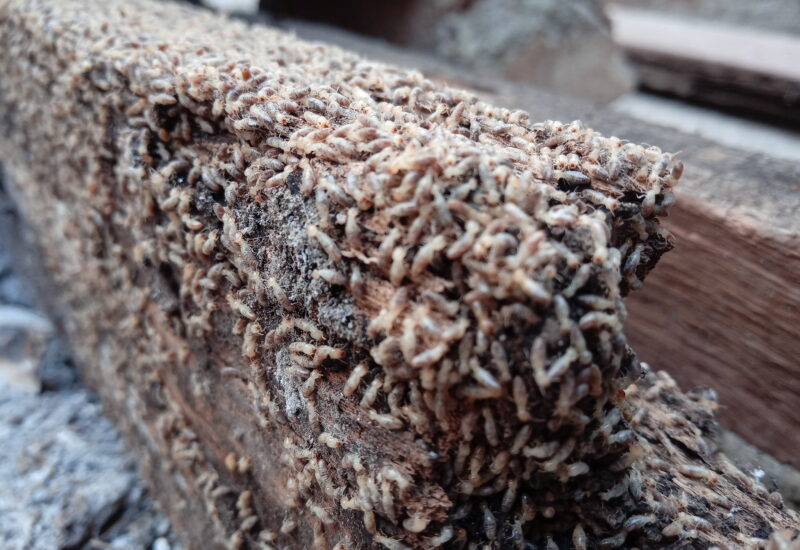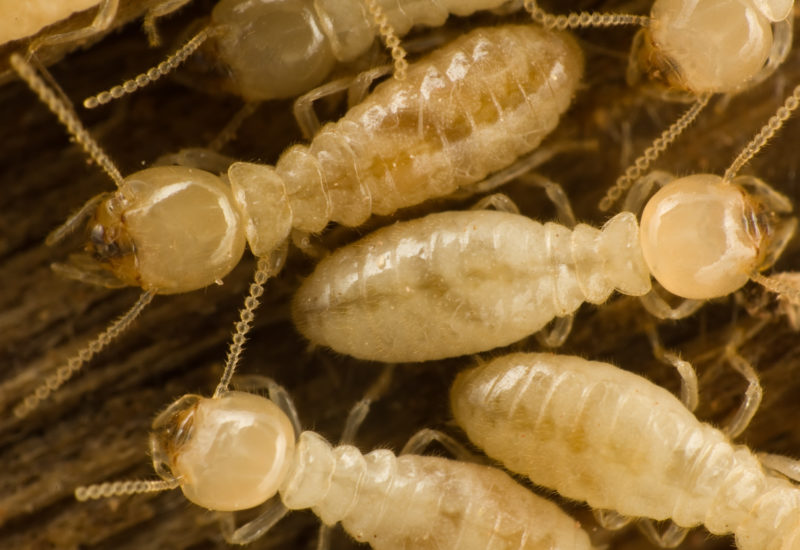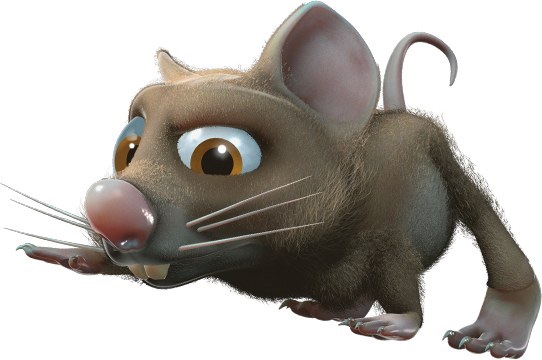10 Facts About Termites & the Damage They Cause

Termites Can Cause Serious Damage Without Showing Many Signs of an Infestation
Typically, termite damage to your home can go unnoticed until severe monetary damage has been caused.
We’re talking in the thousands-of-dollars range, at the very least.
To ensure your home, garage, barn, or shed is structurally sound, it’s important to know a little bit more about termites.
Termite Damage Facts
Climate
Southwest Florida’s warm and humid climate makes it an ideal home for termites. While they are active throughout the year, the pest is most active during the warmer months — which makes Southwest Florida an ideal place to call home.
Subterranean termites flourish in a moist environment and are very common in Florida. An exotic kind of termite, conehead termites, can be found in isolated parts of south Florida.
Substantial Costs
According to the USDA, Americans spend more than $1 billion on termite damage repairs and prevention.
The amount of wood a colony can destroy depends on the type of termite, colony size and the type of wood.
Termite colonies and the damages caused can be undetected for approximately five years, or until home renovations are underway. This can cause a greater headache than homeowners will want to handle.
Constantly Chewing
Termites eat 24 hours a day, seven days a week.
They like to feed on wood, which can cause structural damage in Southwest Florida homes. While the pest has an easier time entering wood with moisture issues, most of the damage caused by termites happens in homes without moisture issues in the wood.
If the pest becomes stimulated, termites become louder and more aggressive with their chewing, which often sounds like clicking noises, resembling the sound of someone typing on an old keyboard.
If you put your ear to the wall and hear clicking, it may very well be time for a termite inspection.
Territorial
Occasionally, termites and ants that reside near each other will go to war over territory.
Ants are the primary predators for termites. When it happens, the invasions are carried out by “soldier” ants and termites.
Burning the Midnight Oil
Since they eat 24 hours a day, it’s safe to say that termites are insomniacs.
Termites spend their lives working on the colony, making it bigger and helping it to thrive.

Silent Destroyers
While termites aren’t completely silent, they can chew through wood, floors, and even wallpaper seemingly unnoticed.
Unlike other unwanted pests and rodents, to hear a termite can be quite difficult.
Massive Colonies
Some species of termites, like the eastern subterranean termite, can build colonies that are 30 feet high.
These species build their colonies upward, creating massive dirt mounds that are similar to buildings. You can find the biggest dirt mounds in tropical areas common throughout Southwest Florida.
Reproduction
Termites have the longest lifespan of any insect, living between 30 and 50 years.
The queen termite reproduces annually and can start multiple colonies. Queen termites can produce 10 million eggs per year. That’s a lot of workers to begin new colonies.
Strength in Numbers
There is such a large amount of termites in the world that researchers estimate that they make up 95% of soil and insect biomass in tropical regions.
While that’s a staggering percentage to hear, it makes sense considering how many eggs the queen termite will lay annually.
Hygiene Matters
Contrary to popular belief, termites are extremely hygienic.
Even though they spend their time living in dirt and eating wood, termites care deeply about their grooming and hygiene. Good hygiene keeps parasites and bacteria under control and ensures that the colony, as a whole, is healthy.
Inspect Your Home for Termites
With all of this in mind, the staggering size of a termite colony, the number of eggs laid in a single year by one queen, and the extensive damage they can cause, it’s more than enough of a reason to have your home inspected by a specialist.
Catseye’s Termite Plus Program will protect your home from termites and prevent damage to your investment.
As unfortunate as it is, many insurance companies do not cover termite damage repair, making termite treatment and damage prevention important. Contact us today to schedule your home inspection.






